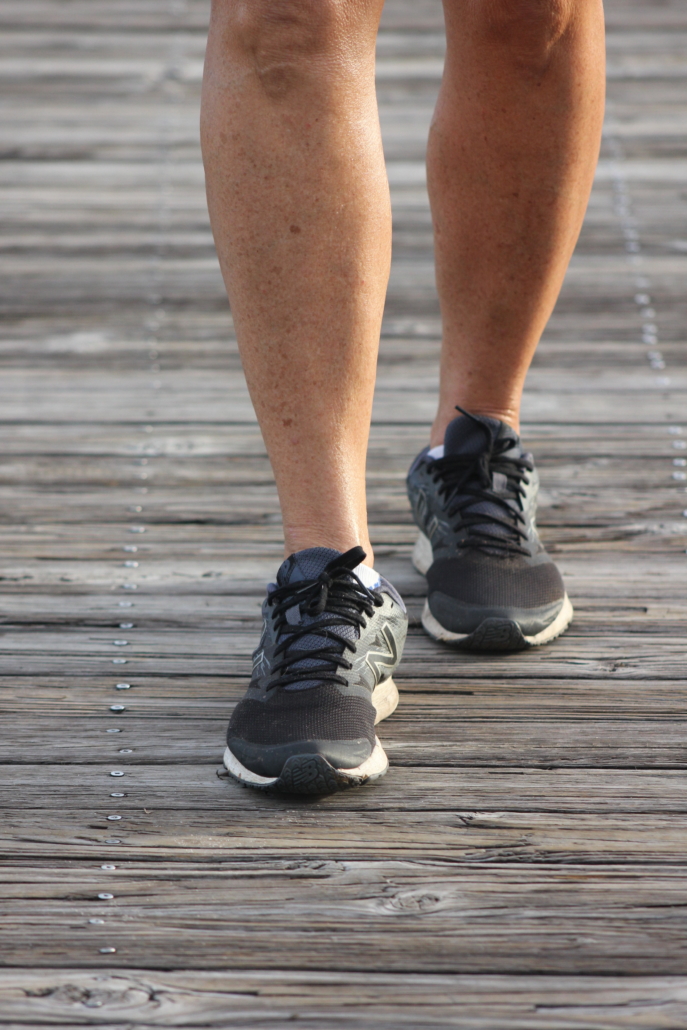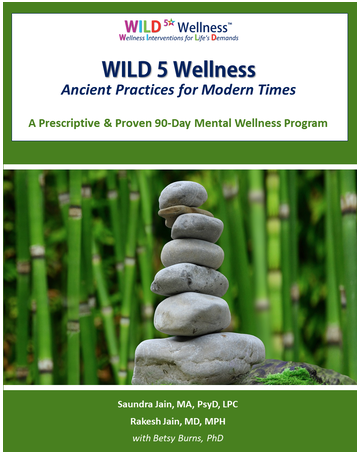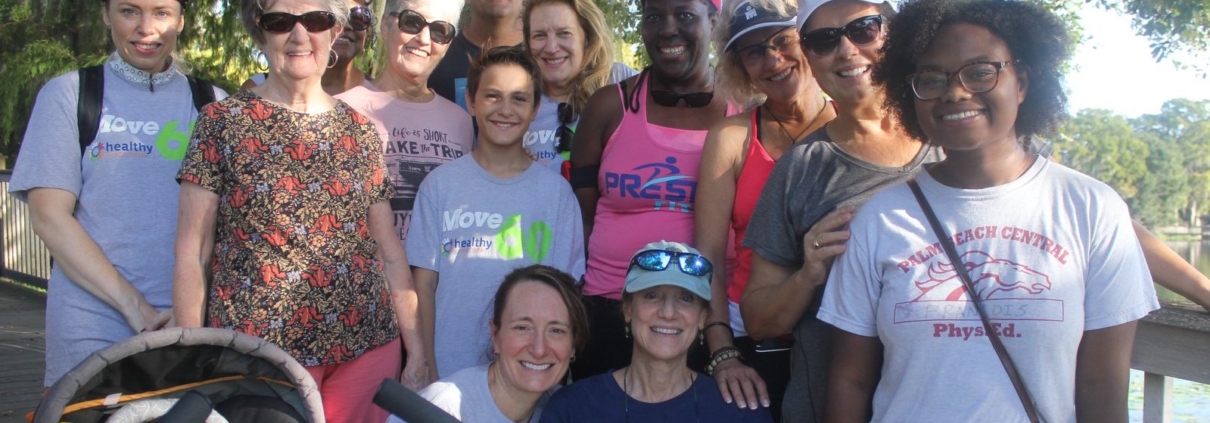How to Improve Mental AND Physical Health: (Hint) The Two are Inextricably Linked
As a mental health professional and the former executive director of a healthy community initiative, I’ve long recognized the nexus between mental and physical well-being. It’s extremely difficult to have one without the other.
I am absolutely not saying that depression, trauma or the loss of a loved one can magically be healed with a brisk walk or adding salad to your diet, but research shows very clearly that mental health is strongly impacted by physical health. If you’ve experienced trauma or have depression, your treatment plan should include strategies that care for your body — as well as your mind.
If you start a walking program, it’s just about guaranteed that your mental health will im prove. Simply said, you’ll feel better and happier with increased and regular physical activity. Dance, garden, swim or walk. Just get moving and better yet, do so with a friend.
prove. Simply said, you’ll feel better and happier with increased and regular physical activity. Dance, garden, swim or walk. Just get moving and better yet, do so with a friend.
Likewise, if you cut out sugary, processed foods and replace them with healthier options, “whole foods”, fruits and vegetables, that too will improve your mental (and physical) health. Food is medicine and affects your brain chemistry. Good foods enhance good moods. Bad foods, well…
Your Therapist (and your physician) should be asking questions like:
- Are you getting enough sleep – high quality sleep?
- Are you getting enough exercise? Any exercise?
- Are you connecting? Do you have regular contact with friends and family that makes you know you are important and loved?
- Do you ever (or better yet, regularly) take time to meditate, pray or reflect? Are you quiet and unplugged for periods of time that allow you to be still and listen to that important inner voice that guides you toward wise decisions and actions?
Because I know how important this approach to mental health is, that treating and caring for the whole body is the best way — both from studying it, practicing it with myself and my son, and by working with clients and with community residents, I was thrilled when I recently found a workbook that encompasses everything I believe in and recommend: Wild 5 Wellness.
This evidence-based program encourages people to reset their emotional well-being through a program that encompasses the following:
- Movement (exercise) Walk, work in your garden, ride a bike, jog, Zumba – just get moving
 (recommend 30 minutes a day).
(recommend 30 minutes a day). - Meditation – Practice mindfulness, quiet, prayer, reflection (10 minutes a day)
- Nutrition – Log what you eat to become aware of what and how much you’re consuming. Research shows that this alone can help changes bad habits. (They recommend the MIND diet –takes two proven diets – DASH and Mediterranean – and keys in on foods in each that specifically affect brain health. Anything that staves off dementia has my attention.)
- Sleep – I encourage clients to find out how much sleep they need (we’re all different) and then commit to getting it. Wild5 has 6 sleep hygiene strategies to choose from nightly.
- Social Connections – Wild5 encourages participants to have at least two social interactions daily (call someone or meet in person – family or friend). I strongly concur. Loneliness is rampant in our digital, disconnected, increasingly isolated age. This is especially acute for older adults. Being with other people makes us happier. It’s that simple and it’s true for all ages.
The workbook is only $10.58 on Amazon if you’re interested. ( I am not a paid spokesperson. I get nothing from recommending it, I am just a fan.) It’s a rigorous program but it works so I’m doing it personally and recommending it to clients too.
I plan to lead a Wild5 group starting in February. So, stay tuned if you’d like to join in – more details soon. You can watch my Facebook page or check back here.
Again, for trauma, depression, bipolar or other more serious mental health issues, this would be only one component of treatment – but a very important one on the road to recovery. I would welcome a discussion or look forward to hearing from you if you try the program and have success.
I wish you happy, healthy holidays and peace and joy in the new year.
Be well, Jill



